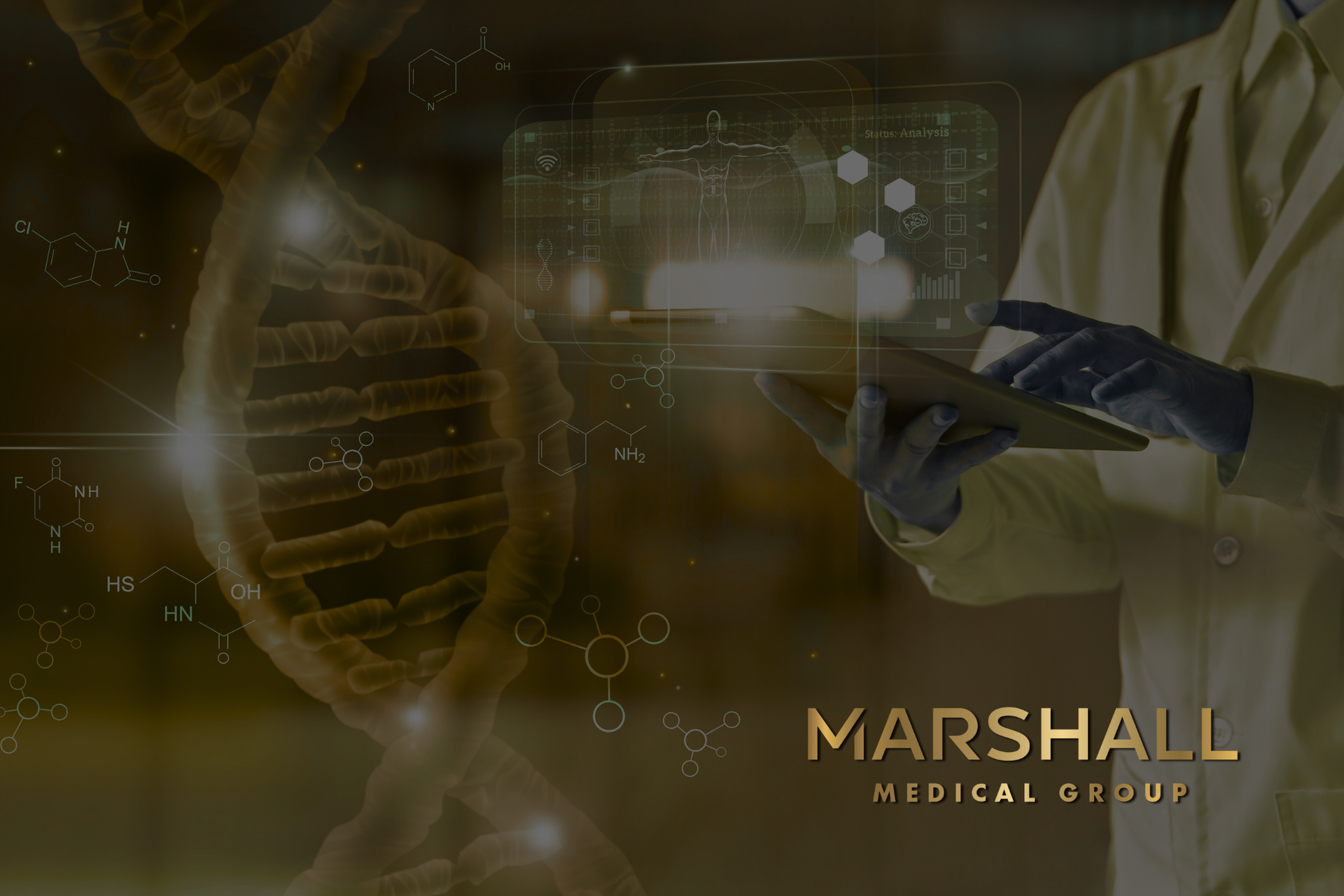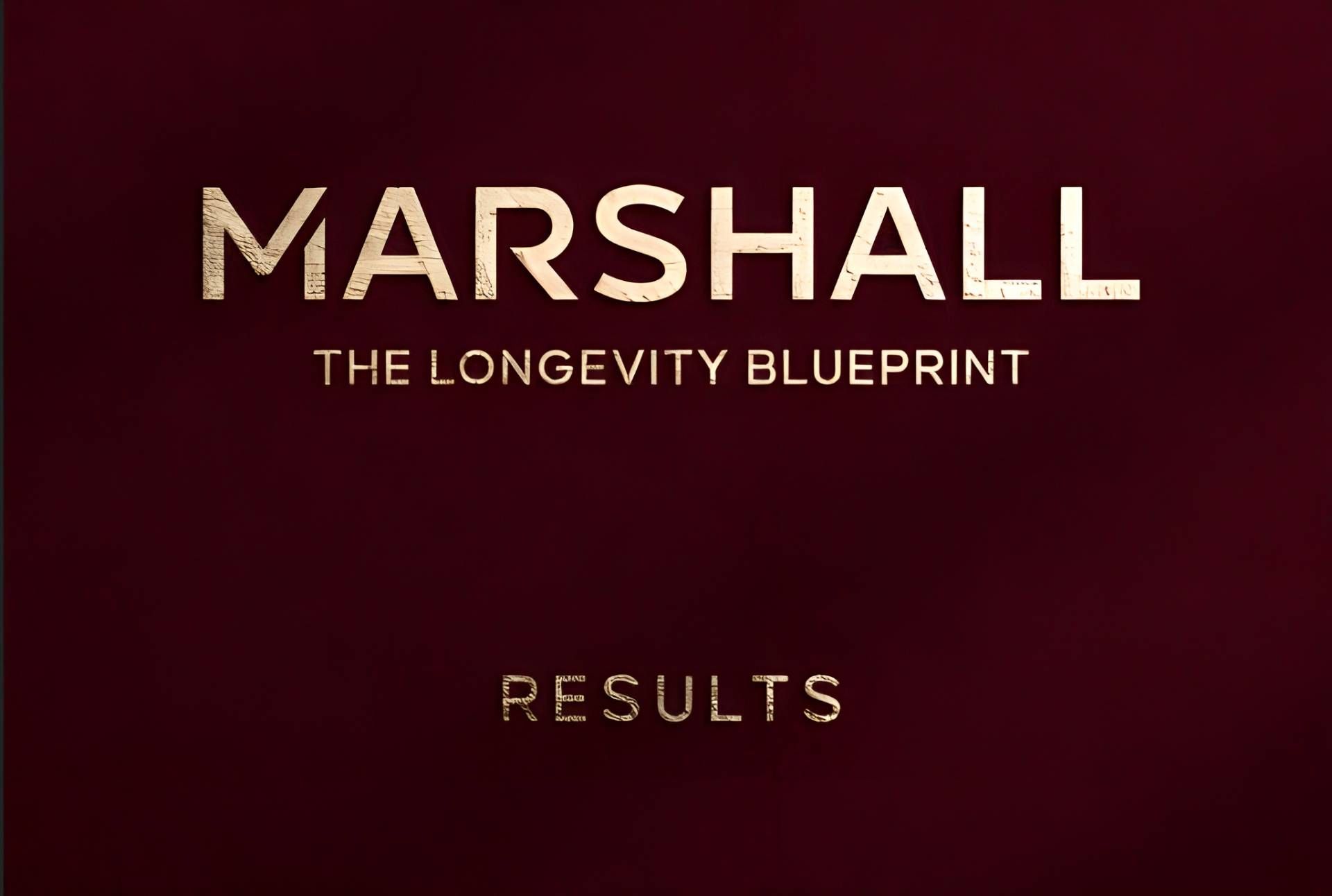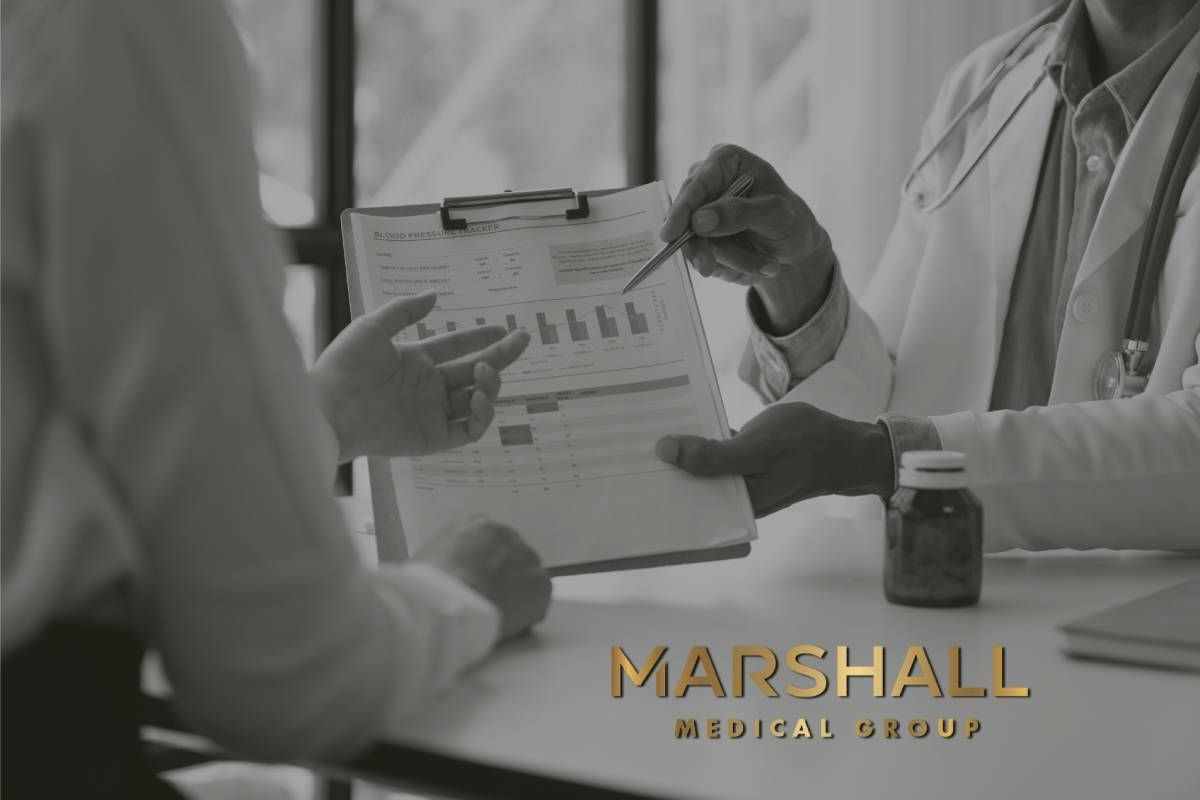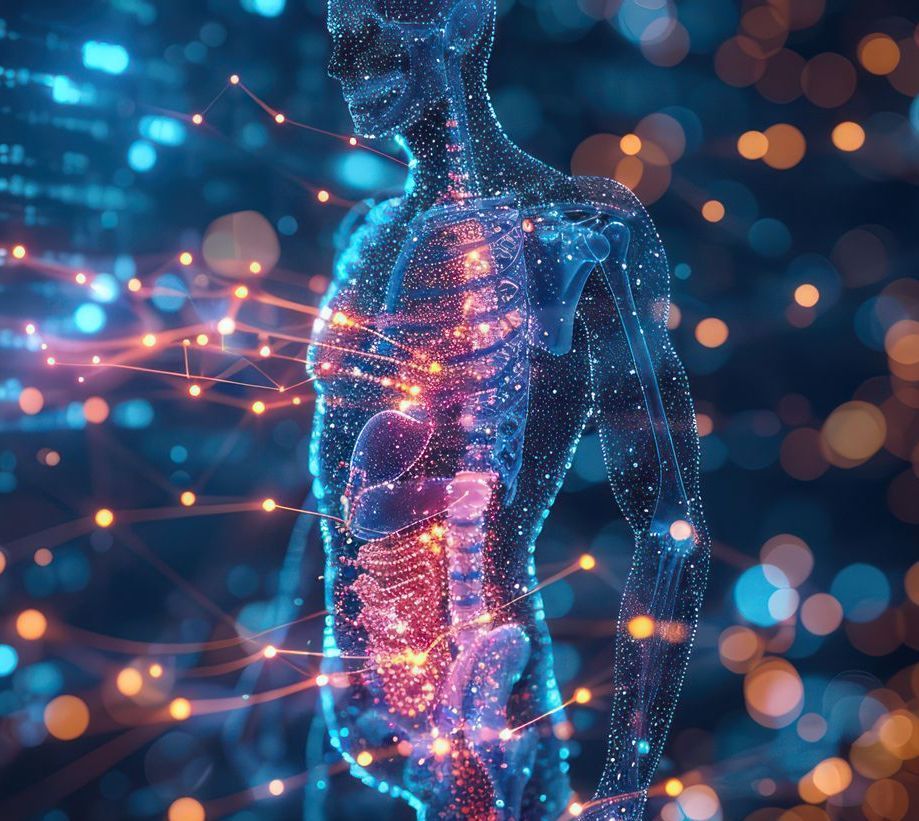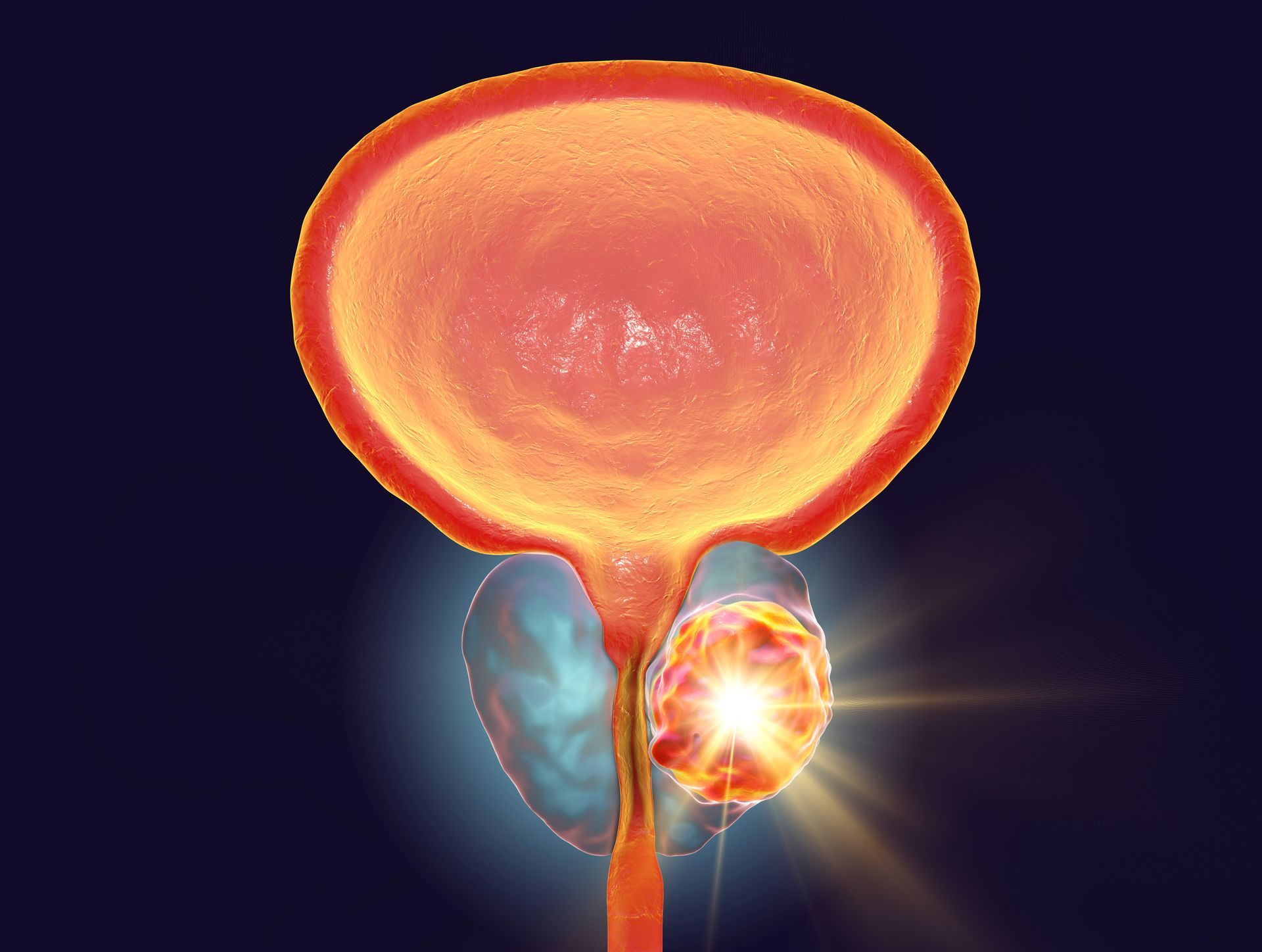Know the Facts – Does Testosterone Replacement Therapy cause Heart Attacks?
The Latest Evidence: TRAVERSE Trial and Beyond
The most rigorous clinical trial to date—In 2023, the TRAVERSE trial (Testosterone Replacement Therapy for Assessment of Long-Term Vascular Events and Efficacy Response in Hypogonadal Men)—was designed specifically to answer the cardiovascular question.
Key findings:
- Population: Over 5,200 men aged 45-80 with pre-existing cardiovascular disease and low testosterone.
- Duration: Median follow-up of 33 months.
- Results: No significant increase in the risk of major adverse cardiovascular events (MACE) in men on testosterone compared to placebo.
In short, the TRAVERSE trial did not show an increased risk of heart attacks or strokes in men receiving testosterone therapy under medical supervision. While it did identify a small increase in atrial fibrillation and some minor concerns about kidney and lung events, these were not linked to heart attacks or death.
So, Is TRT Safe for the Heart?
- In men with clinically low testosterone, TRT does not appear to increase the risk of heart attack when properly prescribed and monitored.
- TRT may improve symptoms such as fatigue, low libido, and depressed mood, which can negatively impact cardiovascular health if left untreated.
- Men with pre-existing cardiovascular disease should be closely monitored, but testosterone therapy is not automatically off the table.
As always, individualized care is key, and all men should be treated with a Lifestyle-Centric Approach which emphasizes the importance of Nutrition, Sleep, Exercise, Stress Management, Weight Stability and Regular Preventative Testing to better stratify risk and treatment.
Marshall’s Executive Physical Program was designed specifically for this purpose.
- Preventing all that is Preventable
- Detect (Early) key risk variables to better personalize treatment pathways
- Optimize Metabolic Functions – Improve Insulin Sensitivity, Maximize Mitochondrial Efficiency, Reduce Inflammation and Endothelial damage which do contribute to Vascular Disease
- Thinning of beard growth, chest hair, or overall body hair may occur gradually.
- Testosterone is essential for sperm production; low levels can impair fertility and reduce semen volume during ejaculation.


